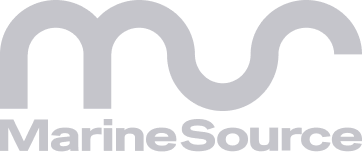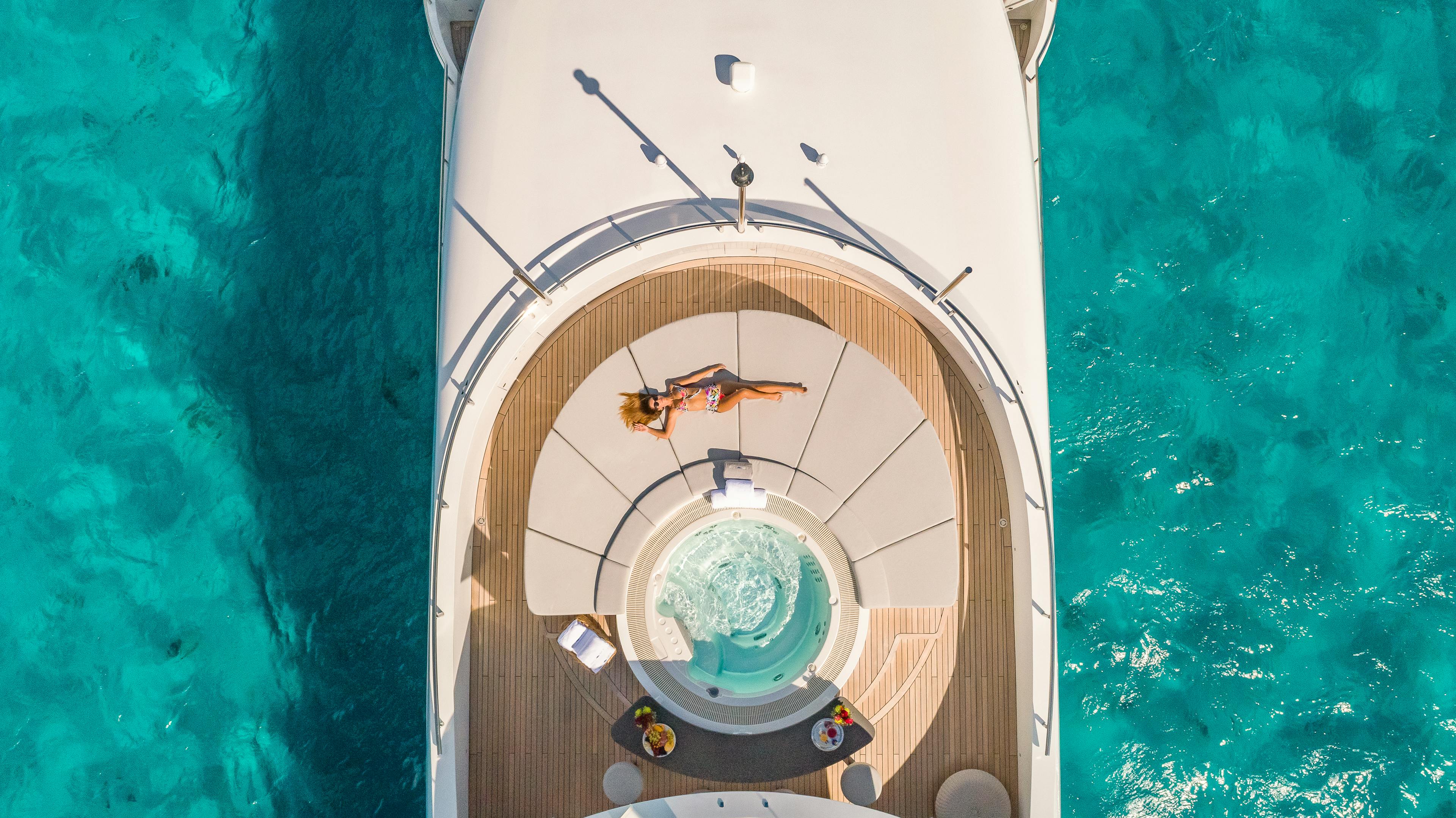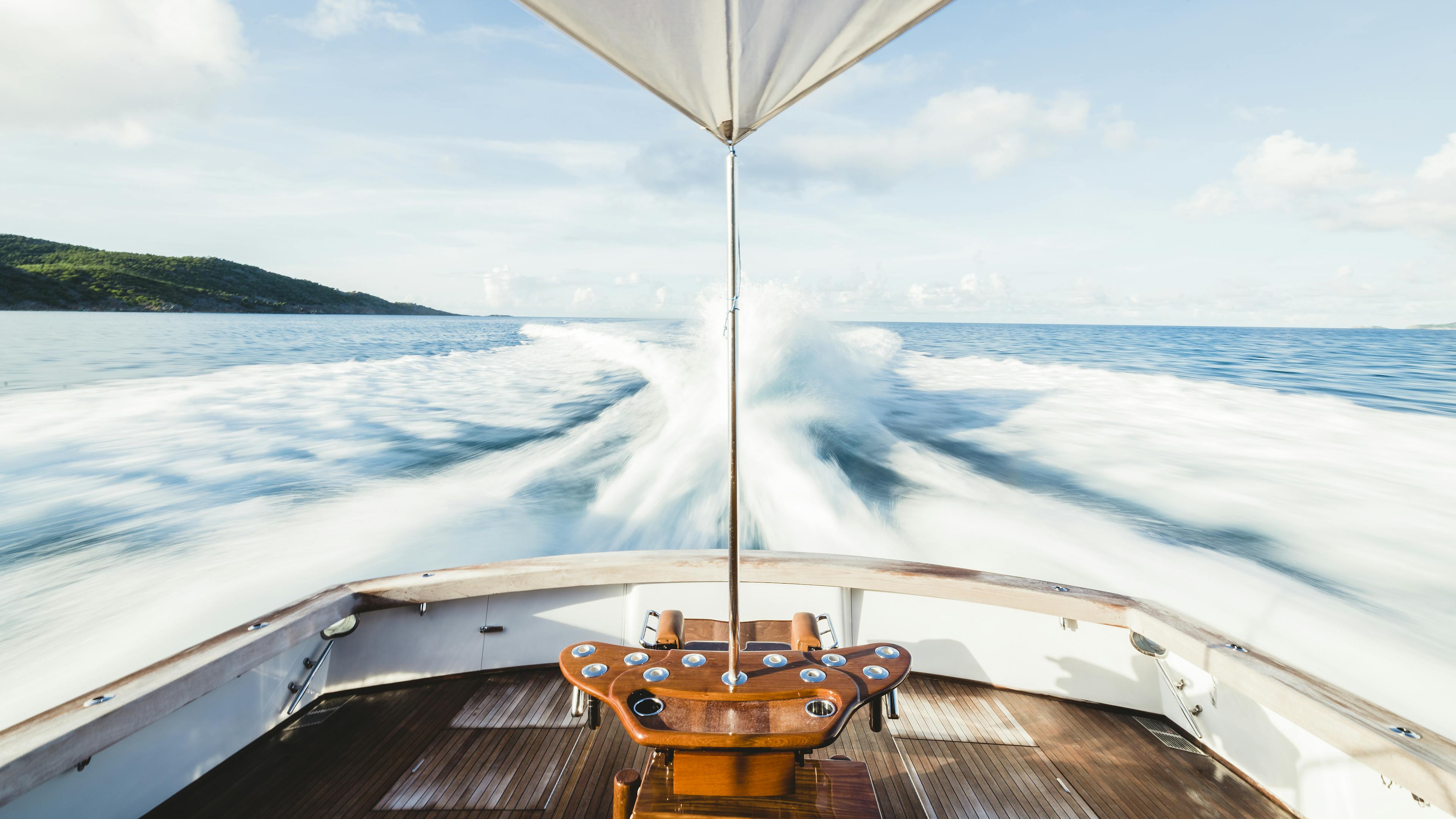Ocean and Marine Life Preservation: The Ripple Effect of Pollution
Earth's oceans are valuable and worth protecting. They are biodiverse, with life forms ranging in size from microscopic to incredibly large and everything in between. Oceans play a key role in regulating our planet's temperature and carbon dioxide emissions through absorption and redistribution. They are a major food source for billions of people around the world and help to provide economic opportunities through the development of many different industries, including sustainable fishing, shipping, and tourism. Scientists have been amazed by how our oceans have contributed to the fields of science and medicine. For these reasons and so many more, we must make a concerted effort to keep these large bodies of water clean.
What Is Ocean Pollution, and Where Does it Come From?
Ocean or marine pollution includes any contaminant, be it chemical or material, that is put into the oceans. Contaminants are introduced in a number of different ways, both direct and indirect, intentional and unintentional. However, regardless of how they are introduced, it's critical that the damage marine pollution does to the ocean's ecosystem be addressed and effective measures be put into place to minimize its impact on marine life.
- Runoff: Runoff is what happens when pollutants are carried by rain or snow into the groundwater and waterways and eventually deposited into our oceans. There is no single point of pollution we can point to when we talk about runoff because it accumulates over time and distance. Things that contribute to runoff include cars, construction sites, industrial farms, and boats. Though markedly different, all of these different things share a commonality: They can leach chemicals into the ground and water. For example, rainwater picks up oil from our cars, trucks, and SUVs as it flows into the sewer systems. And the wind may pick up dust and debris from construction sites and deposit it in nearby bodies of water. Once pollutants, including pesticides, fertilizers, oil, and other chemicals, are introduced into the water cycle and make their way into Earth's oceans, they harm marine life.
- Intentional Discharge or Dumping From Manufacturing Facilities: Many different types of manufacturing processes rely on a variety of chemicals to create goods for industrial use and consumers. When improperly regulated and managed, the toxic wastes that are part of manufacturing processes can make their way into ocean waters through sewage and illegal dumping. While the U.S. has implemented and enforced rules to regulate how manufacturing facilities can dispose of their toxic waste, there is still much to be done to combat the issue. Plastic pollutants related to manufacturing are also a concern, as they can cause great harm to marine life.
- Oil Spills: The global shipping industry is a major contributor to the degradation of Earth's oceans, and one of the most damaging effects comes from oil spills, which release large amounts of petroleum into marine environments. These spills can happen during accidents involving oil tankers, routine drilling operations, or equipment failures such as broken pipelines, leaky valves, or malfunctioning safety systems on offshore rigs. When oil is released into the water, it spreads quickly, coating marine life and coastal ecosystems in toxic sludge. The oil disrupts food chains, suffocates wildlife, is difficult to clean up, and takes years to break down.
- Littering: Littering is usually thought of as a problem on land that's combated with community trash cleanups and initiatives, but it also happens in and around the world's oceans. It can be direct, when people choose to discard their trash improperly, or indirect, transported by the wind or by water. Single-use plastics and Styrofoam cause big problems for marine life when they end up in our oceans, as they may take hundreds of years to fully degrade. Marine creatures can get caught in plastic packaging materials or mistake them for food and eat them. It's estimated that we use one trillion single-use plastic bags annually, all of which have the potential to become ocean pollution.
- Ocean Mining: Valuable minerals and ores, like cobalt, copper, gold, and silver, can be found deep within the ocean, and to mine them, we need to drill. Drilling in the ocean disrupts the seafloor and can cause irrevocable damage to habitats and release harmful chemicals that poison the waters.
What Are the Effects of Ocean Pollution?
- Harm to Marine Life: One of the most significant effects of ocean pollution is harm to the plants and animals that live there. Whether it's the poisoning of the waters that kills or mutates marine life and the environment or it's physical trash that can trap or kill marine mammals and sea life, pollution harms every species suffers in our oceans.
- Depletion of Oxygen in Ocean Water: Left in the water for long periods of time, litter is slowly consumed by bacteria that also consume the oxygen in the water, which is needed for ocean mammals to survive. Plastic can also keep sunlight from reaching phytoplankton, which create oxygen during photosynthesis. Over time, this creates a dead zone in which marine life cannot thrive.
- Harm to Human Health: As we consume food obtained from the ocean, such as fish and shellfish, we also consume any trace amounts of toxins that our food has consumed or otherwise been exposed to. Consumption of contaminated seafood and fish over time may be linked to the development of health conditions and birth defects.
How Can We Solve the Problem of Ocean Pollution?
- Choose Organic Fertilizers: Avoiding chemical fertilizers can help reduce the chemical contaminants that make it into our ocean waters through runoff. Use as little fertilizer as possible, and choose organic options.
- Switch to Reusable Plastics: Instead of using disposable, single-use items, choose reusable plastic containers and utensils. Switching to metal or glass containers is even better. With a global push toward sustainability, things like reusable BPA-free water bottles are easy to find, as are metal or silicone straws. Every time we choose a reusable item over a single-use plastic, we're keeping something harmful out of our landfills and choosing the health of our planet over convenience.
- Dispose of All Garbage and Recycling Properly: Whether you're creating garbage at home or in a public area, such as at a beach or park, placing it in the proper bin is the first and most essential step in ensuring that it doesn't end up in the ocean's waters.
- Seven Solutions to Ocean Plastic Pollution
- How Do We Clean Up All This Plastic?
- Protecting Oceans From Pollution
- What Can You Do to Reduce the Flow of Plastic From Land to Sea?
- Different Types of Plastic Pollution May Mean Different Types of Cleanup Efforts
- Emerging Green Technology Aimed at Ending Ocean Pollution


